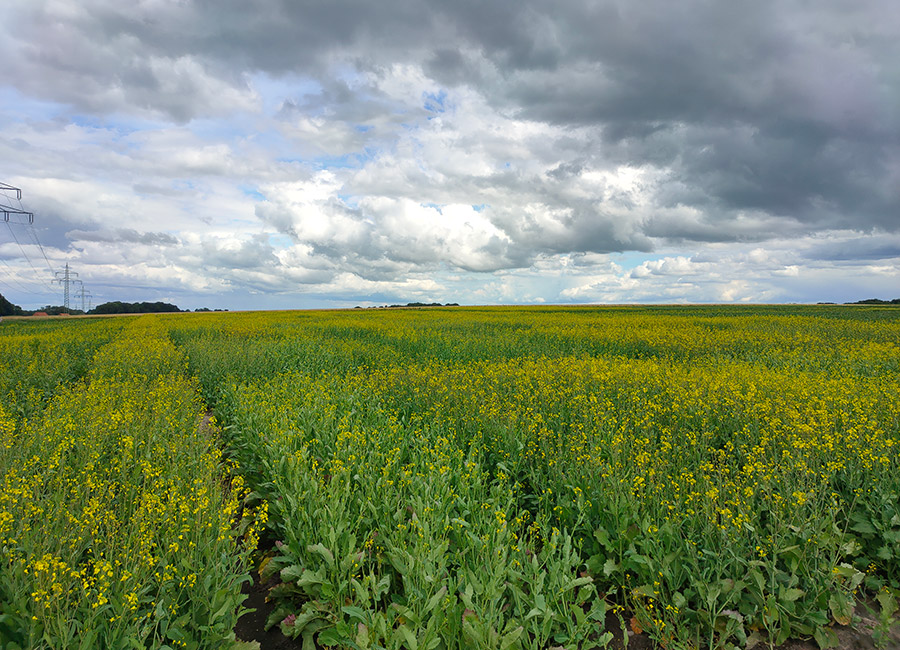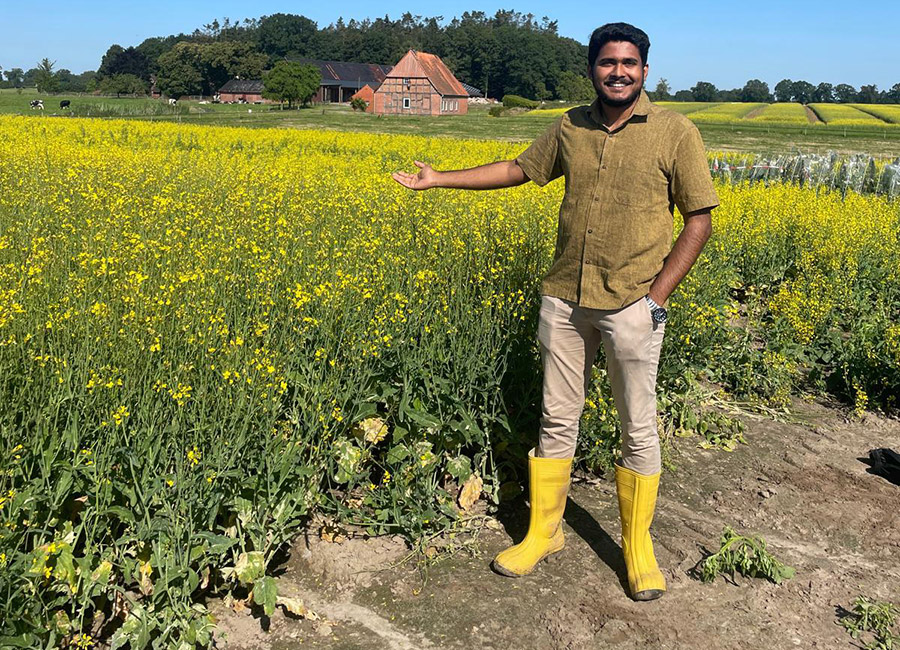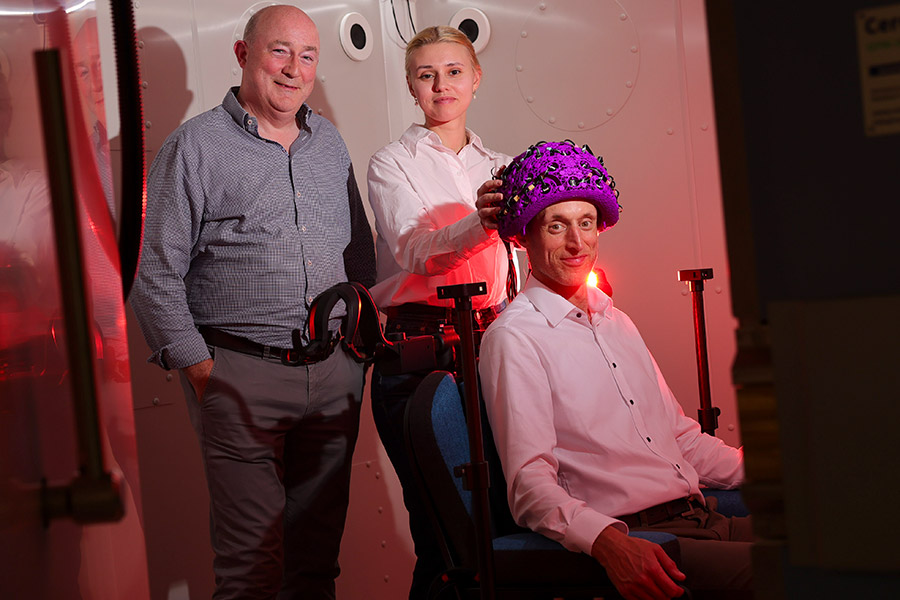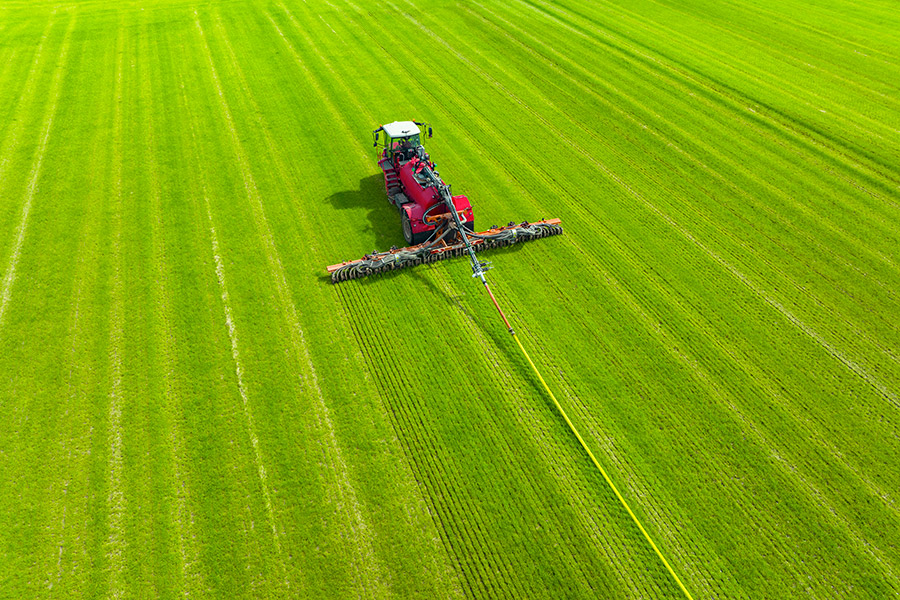The University of Galway and Kerry-based biotech company BioAtlantis have joined an EU project to develop drought solutions for agriculture.
EpiSpeeLink is funded with €2.7m from the European Commission's Horizon Europe research and innovation initiative and is expected to pioneer technologies to improve crop resilience to drought stress caused by climate change.
The project will explore new methods to improve how farmed crops can survive prolonged dry spells by harnessing natural processes.
EpiSeedLink will employ two key strategies: understanding the molecular and epigenetic mechanisms behind seed germination and vigour to develop drought-resistant crops; and developing Molecular Seed Priming agents from renewable marine and terrestrial resources, such as seaweed, to improve seed performance under drought.
These approaches will be tested in laboratory and field trial conditions using model plants such as Arabidopsis, which is a flowering plant of the mustard family; as well as tomato and oilseed rape, two major crops grown in Europe.
The research consortium is made up of partners in Ireland, France, Spain, Germany, the Netherlands with BioAtlantis and the lead researcher, Dr Sara Farrona at University of Galway.
“Our goal is to research the potential for technologies that could help farmers grow crops under climate-related stress conditions, such as drought," said Dr Farrona.
"As development of agricultural sustainable practices is essential in combating climate change, the goal of EpiSeedLink is to contribute to this challenge by driving progress toward a more sustainable world and advancing both foundational knowledge and practical solutions in agriculture."
The EpiSeedLink project involves research in three main areas:
- Seed Germination: Understanding how epigenetic factors influence the development of a new plant, known as seed-to-seedling transition.
- Stress Adaptation: Studying how plants respond to drought stress.
- Seed Priming: Developing technologies to improve drought tolerance using Molecular Seed Priming agents from renewable marine and terrestrial resources, such as seaweed.
As part of the EpiSeedLink consortium, University of Galway and BioAtlantis are hosting PhD students who are being trained as the next generation of plant scientists in innovative plant epigenetics research, offering new ways to improve crop yields and stress resilience.
Dr Sujeeth Neerakkal, head of plant research at BioAtlantis Ltd, said: “EpiSeedLink is a cutting-edge research project focused on modulating the epigenetic code in crops, using novel Molecular Priming agents.

"In this project, BioAtlantis will play a key role in developing these molecular priming agents to improve drought tolerance and to enhance growth and yield in crops, whilst also contributing to the training of the next generation of PhD level scientists in this field of research.
"As part of their training students will conduct scientific trials at BioAtlantis’ R&D facilities, using model plants and crops species such as, oil seed rape and tomato."
Photo: Shreyas Beedubail, one of 11 PhD students involved in the Episeedlink project. (Pic: Deutsche Saatveredelung AG (DSV))










